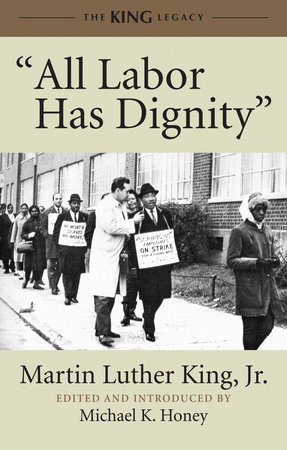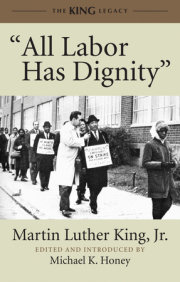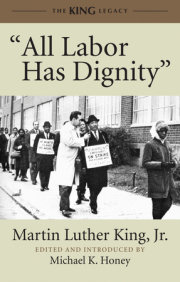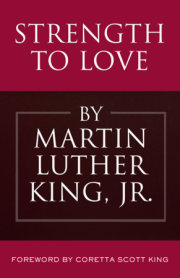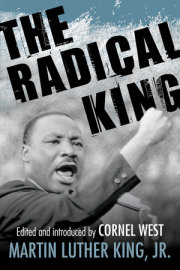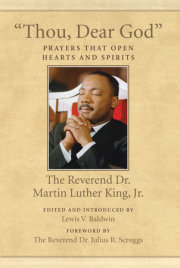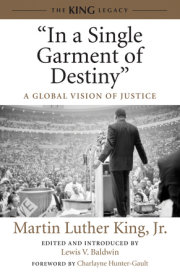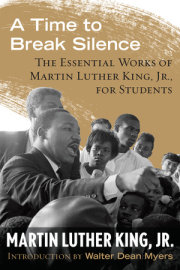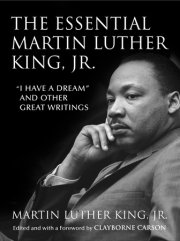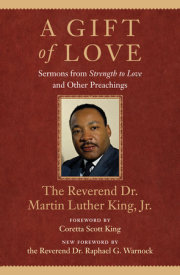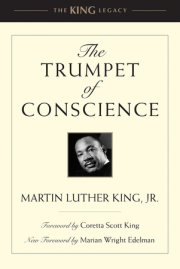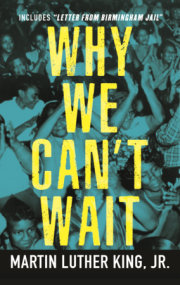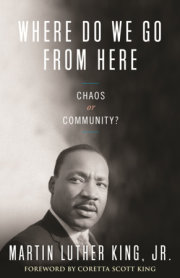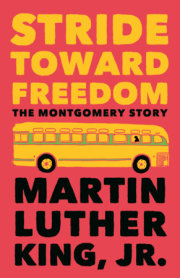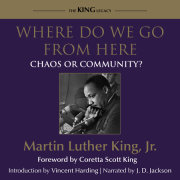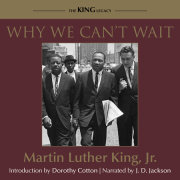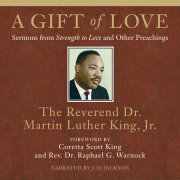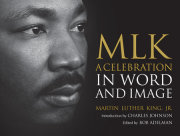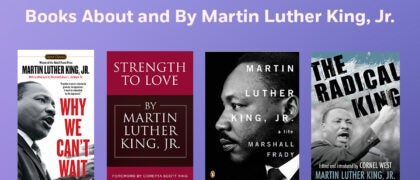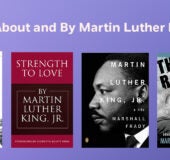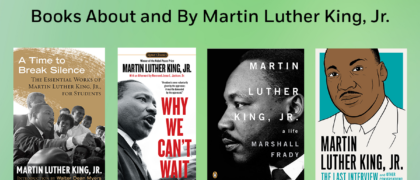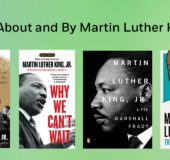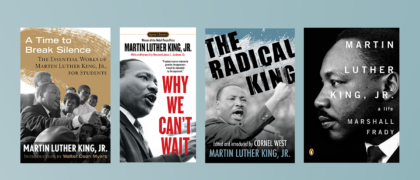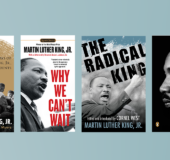Table of Contents
Introduction
Editor's note
Part I
Forging a Civil Rights–Labor Alliance in the Shadow of the Cold War
Chapter 1
“ A look to the future”
—Twenty-fifth Anniversary of the Highlander Folk School, Monteagle, Tennessee, September 2, 1957
Chapter 2
“ It is a dark day indeed when men cannot work to implement the ideal of brotherhood without being labeled communist.”
— Statement of Martin Luther King and the Southern Christian Leadership Conference in defense of the United Packinghouse Workers Union of America, Atlanta, Georgia, June 11, 1959
Chapter 3
“ We, the Negro people and labor . . . inevitably will sow the seeds of liberalism.”
— Twenty-fifth Anniversary Dinner, United Automobile Workers Union, Cobo Hall, Detroit, Michigan, April 27, 1961
Chapter 4
If the Negro Wins, Labor Wins
— AFL-CIO Fourth Constitutional Convention, Americana Hotel, Miami Beach, Florida, December 11, 1961
Chapter 5
“I am in one of those houses of labor to which I come not to criticize, but to praise.”
— Thirteenth Convention, United Packinghouse Workers Union of America, Minneapolis, Minnesota, May 21, 1962
Chapter 6
“There are three major social evils . . . the evil of war, the evil of economic injustice, and the evil of racial injustice.”
— District 65 Convention, Retail, Wholesale and Department Store Union (RWDSU), Laurels Country Club, Monticello, New York, September 8, 1962
Chapter 7
“Industry knows only two types of workers who, in years past, were brought frequently to their jobs in chains.”
— Twenty-fifth Anniversary Dinner, National Maritime Union, Americana Hotel, New York City, October 23, 1962
Chapter 8
“Now is the time to make real the promises of democracy.”
— Detroit March for Civil Rights, Cobo Hall, Detroit, Michigan, June 23, 1963
Chapter 9
“The unresolved race question”
— Thirtieth Anniversary of District 65, RWDSU, Madison Square Garden, New York City, October 23, 1963
part II
Standing at the Crossroads: Race, Labor, War, and Poverty
Chapter 10
“The explosion in Watts reminded us all that the northern ghettos are the prisons of forgotten men.”
— District 65, RWDSU, New York City, September 18, 1965
Chapter 11
“Labor cannot stand still long or it will slip backward.”
— Illinois State Convention AFL-CIO, Springfield, Illinois, October 7, 1965
Chapter 12
Civil Rights at the Crossroads
— Shop Stewards of Local 815, Teamsters, and the Allied Trades Council, Americana Hotel, New York City, May 2, 1967
Chapter 13
Domestic Impact of the War in Vietnam
— National Labor Leadership Assembly for Peace, Chicago, Illinois, November 11, 1967
Part III
Down Jericho Road: The Poor People’s Campaign and Memphis Strike
Chapter 14
“The other America”
— Local 1199 Salute to Freedom, Hunter College, New York City, March 10, 1968
Chapter 15
“All labor has dignity.”
— American Federation of State, County and Municipal Employees (AFSCME) mass meeting, Memphis Sanitation Strike, Bishop Charles Mason Temple, Church of God in Christ, Memphis, Tennessee, March 18, 1968
Chapter 16
To the Mountaintop: “Let us develop a kind of dangerous unselfishness.”
— AFSCME mass meeting, Memphis Sanitation Strike, Bishop Charles Mason Temple, Church of God in Christ, Memphis, Tennessee, April 3, 1968
Epilogue: king and labor
Appendix: a note on the speeches
Acknowledgments
Index

